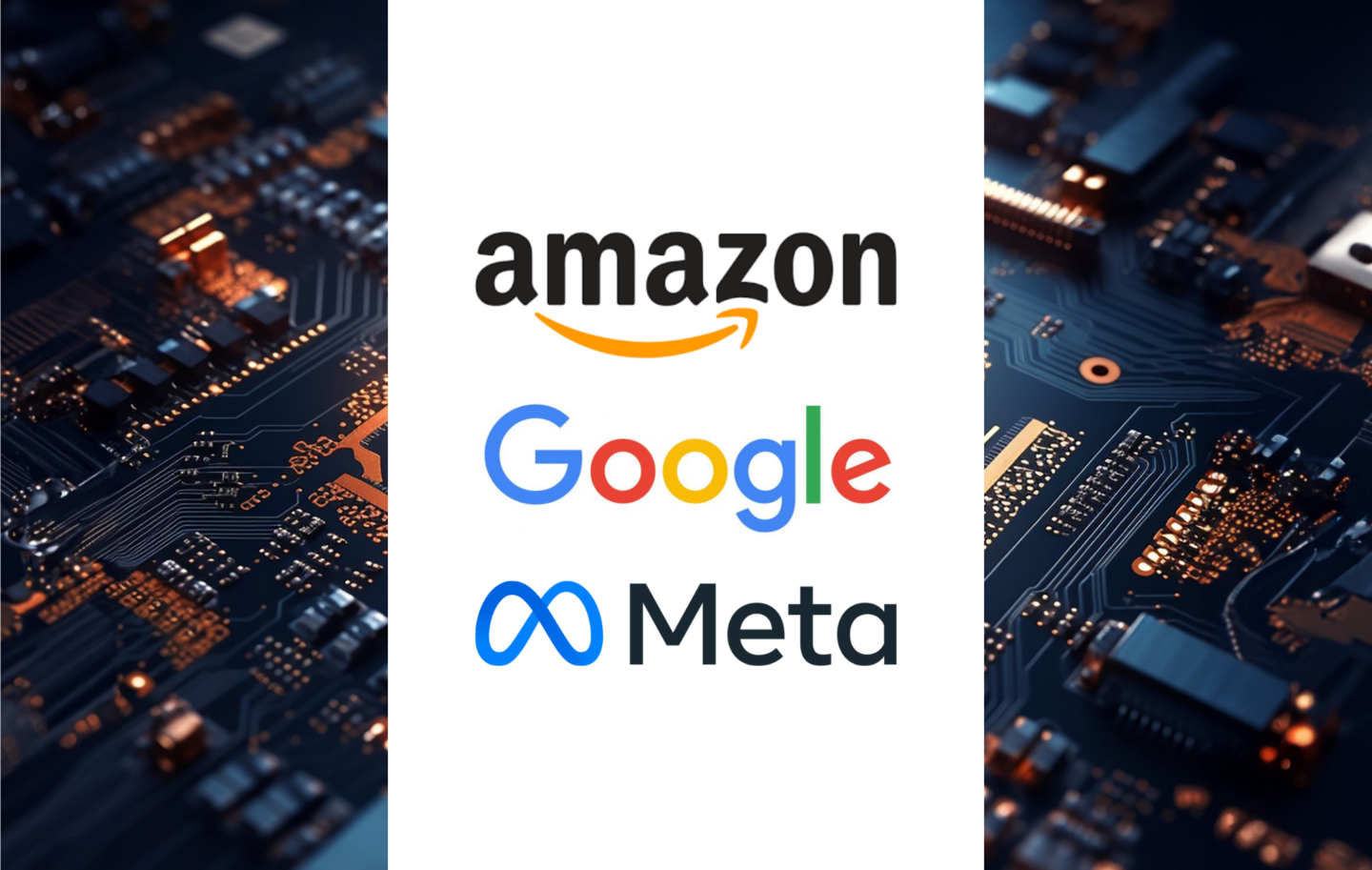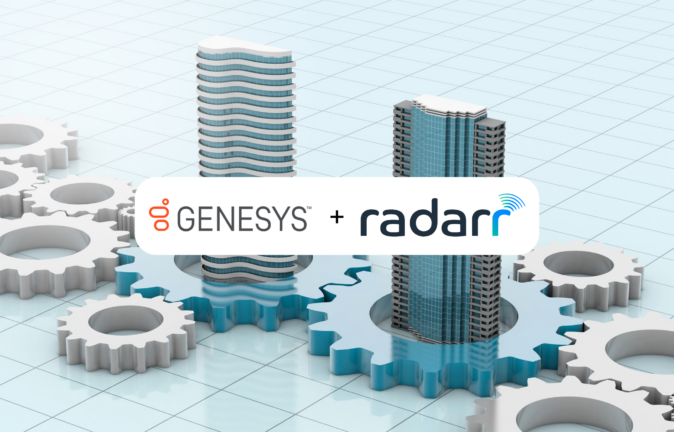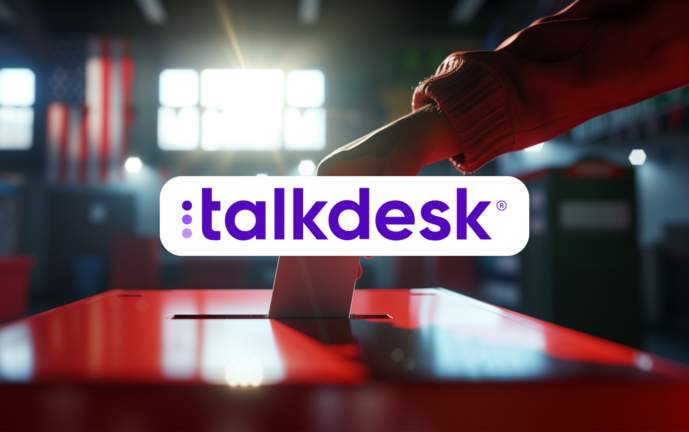In the ever-evolving technology landscape, the latest developments in artificial intelligence are nothing short of groundbreaking. Hundreds, if not thousands, of features and capabilities, are introduced every day, all to disrupt the world and propel change.
Over the last few days, technology behemoths Amazon, Google, and Meta contributed with their own portion of AI breakthroughs. Let's take a look at what is new.
Amazon to invest up to $4B in AI startup Anthropic
Amazon plans to invest up to $4 billion in the AI startup Anthropic, an OpenAI rival. The startup created a ChatGPT-like AI assistant, Claude, which will be further developed using Amazon Web Services as its primary cloud-computing provider and AWS' machine-learning chips for building, training, and deployment.
As part of the deal, Amazon will take a minority stake in the business. This move comes on the heels of Amazon's new AI-powered updates to its Alexa voice assistant, which enables it to engage with users in a more conversational manner.
“We have tremendous respect for Anthropic’s team and foundation models, and believe we can help improve many customer experiences, short- and long-term, through our deeper collaboration,” said Amazon CEO Andy Jassy in the company statement.
Not too long ago, Anthropic announced it would receive $100 million of investment from South Korea's leading telecommunications provider, SK Telecom.
Meta Connect 2023 Highlights
During its annual Connect conference, Meta revealed a host of new things - from Quest 3 VR headset to dozens of new AI capabilities and an AI studio.
Meta’s Quest 3 comes with improved passthrough tech, higher-resolution displays, and a six-month subscription for Quest+ VR. The headset retails for $500 apiece. Speaking of headwear, Meta also revealed the new Ray-Ban Meta Smart Glasses, which feature improved audio and cameras, and over 150 different custom frame and lens combinations. The glasses also let wearers livestream right from the glasses to Facebook or Instagram, and say “Hey Meta” to engage with Meta AI.
Another big launch is AI Studio, a platform that allows businesses to build AI chatbots for various messaging services, including Facebook, Instagram, and Messenger.
While the company said in a post that the studio will enable companies to build AIs that best reflect their brand's values and improve customer service experiences, Meta CEO Mark Zuckerberg said that use cases for the studio are primarily e-commerce and customer support.
Meta also revealed its own AI assistant - Meta AI - very similar to Microsoft Copilot and ChatGPT regarding its capabilities. Based on the powerful Llama 2 large language model, Meta AI will be available across all Meta apps, including Instagram, Messenger, and WhatsApp. Users will be able to talk to it directly or use it within chats.
Further, the chatbot will have access to real-time information via a partnership with Microsoft's Bing search engine.
Finally, all of Meta's messaging apps will be enriched with a generative AI feature that allows users to create unique AI stickers by typing exactly what images they want to see.
Google is preparing to launch its own AI model as a response to OpenAI's GPT-4
Google is nearing the release of Gemini, its answer to OpenAI's GPT-4. Gemini is a next-generation, multimodal AI model that will be able to process images and text to deliver written analysis of visual graphs.
According to the Information, Google is working on the model's code-generating abilities to challenge Microsoft's GitHub Copliot, powered by OpenAI.
The model is expected to launch by the end of this year, once the testing and fine-tuning is done.









